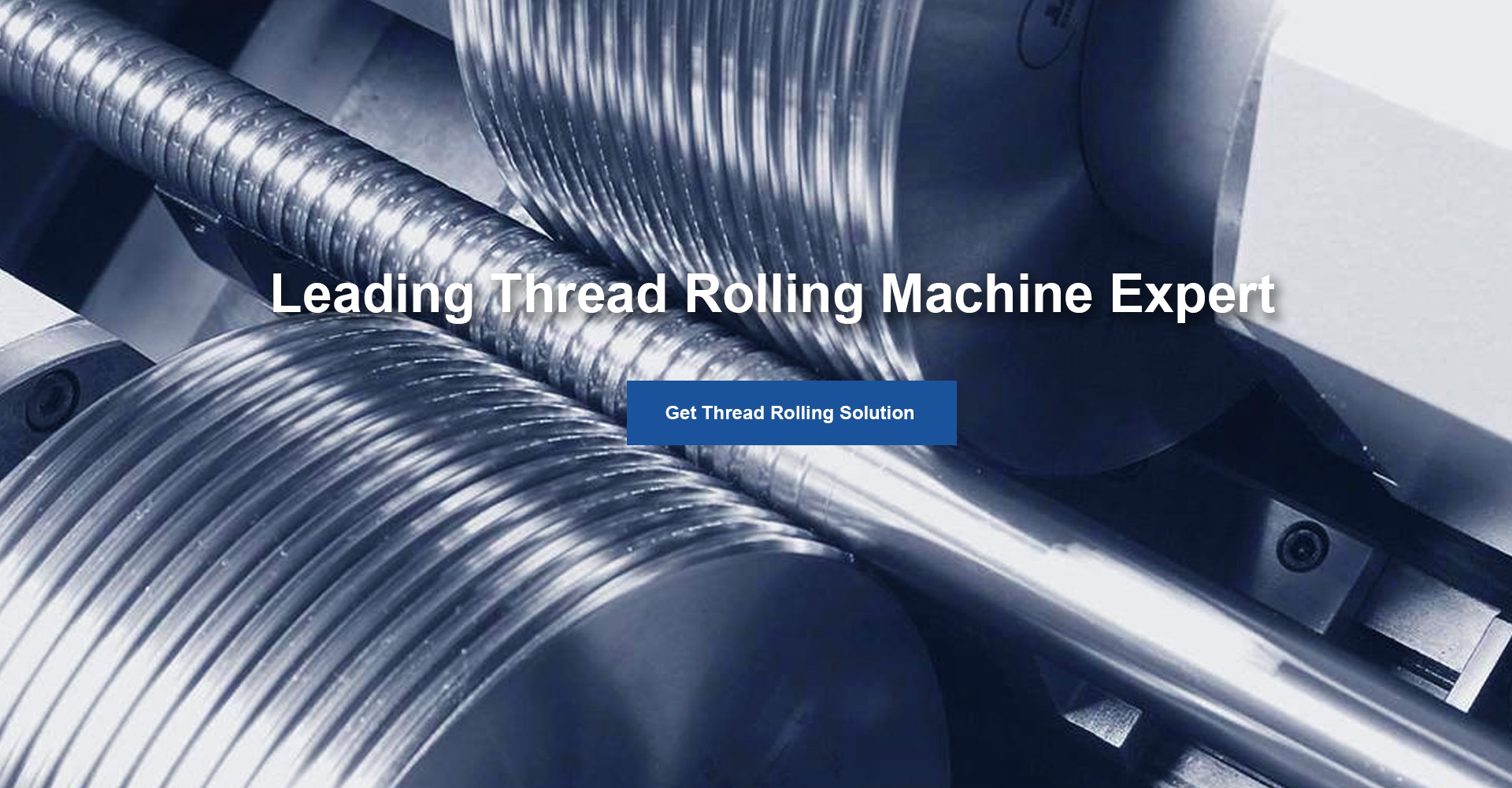
-
 Afrikaans
Afrikaans -
 Albanian
Albanian -
 Amharic
Amharic -
 Arabic
Arabic -
 Armenian
Armenian -
 Azerbaijani
Azerbaijani -
 Basque
Basque -
 Belarusian
Belarusian -
 Bengali
Bengali -
 Bosnian
Bosnian -
 Bulgarian
Bulgarian -
 Catalan
Catalan -
 Cebuano
Cebuano -
 Corsican
Corsican -
 Croatian
Croatian -
 Czech
Czech -
 Danish
Danish -
 Dutch
Dutch -
 English
English -
 Esperanto
Esperanto -
 Estonian
Estonian -
 Finnish
Finnish -
 French
French -
 Frisian
Frisian -
 Galician
Galician -
 Georgian
Georgian -
 German
German -
 Greek
Greek -
 Gujarati
Gujarati -
 Haitian Creole
Haitian Creole -
 hausa
hausa -
 hawaiian
hawaiian -
 Hebrew
Hebrew -
 Hindi
Hindi -
 Miao
Miao -
 Hungarian
Hungarian -
 Icelandic
Icelandic -
 igbo
igbo -
 Indonesian
Indonesian -
 irish
irish -
 Italian
Italian -
 Japanese
Japanese -
 Javanese
Javanese -
 Kannada
Kannada -
 kazakh
kazakh -
 Khmer
Khmer -
 Rwandese
Rwandese -
 Korean
Korean -
 Kurdish
Kurdish -
 Kyrgyz
Kyrgyz -
 Lao
Lao -
 Latin
Latin -
 Latvian
Latvian -
 Lithuanian
Lithuanian -
 Luxembourgish
Luxembourgish -
 Macedonian
Macedonian -
 Malgashi
Malgashi -
 Malay
Malay -
 Malayalam
Malayalam -
 Maltese
Maltese -
 Maori
Maori -
 Marathi
Marathi -
 Mongolian
Mongolian -
 Myanmar
Myanmar -
 Nepali
Nepali -
 Norwegian
Norwegian -
 Norwegian
Norwegian -
 Occitan
Occitan -
 Pashto
Pashto -
 Persian
Persian -
 Polish
Polish -
 Portuguese
Portuguese -
 Punjabi
Punjabi -
 Romanian
Romanian -
 Russian
Russian -
 Samoan
Samoan -
 Scottish Gaelic
Scottish Gaelic -
 Serbian
Serbian -
 Sesotho
Sesotho -
 Shona
Shona -
 Sindhi
Sindhi -
 Sinhala
Sinhala -
 Slovak
Slovak -
 Slovenian
Slovenian -
 Somali
Somali -
 Spanish
Spanish -
 Sundanese
Sundanese -
 Swahili
Swahili -
 Swedish
Swedish -
 Tagalog
Tagalog -
 Tajik
Tajik -
 Tamil
Tamil -
 Tatar
Tatar -
 Telugu
Telugu -
 Thai
Thai -
 Turkish
Turkish -
 Turkmen
Turkmen -
 Ukrainian
Ukrainian -
 Urdu
Urdu -
 Uighur
Uighur -
 Uzbek
Uzbek -
 Vietnamese
Vietnamese -
 Welsh
Welsh -
 Bantu
Bantu -
 Yiddish
Yiddish -
 Yoruba
Yoruba -
 Zulu
Zulu
Top Manufacturers of Roll Threading Machines for Various Industries
The Evolution and Impact of Roll Thread Machine Manufacturers
In the world of manufacturing, the process of creating threaded components is a fundamental aspect that plays a crucial role in various industries. Roll thread machines have become indispensable tools for manufacturers seeking efficiency and precision in producing threaded metal parts. This article explores the landscape of roll thread machine manufacturers, highlighting their significance, advancements, and contributions to modern manufacturing.
Understanding Roll Thread Machines
Roll thread machines utilize a process called thread rolling, which produces threads by deforming the material rather than cutting it. This method significantly enhances the strength of the threads, as the rolling process work-hardens the material fibers, leading to superior durability and resistance to fatigue. The machines are capable of creating a wide variety of thread types and sizes, making them versatile for different applications, from automotive parts to aerospace components.
Key Manufacturers in the Industry
The market for roll thread machines is populated by several key manufacturers known for their innovation and quality. Companies like Shaviv Tools, Acme Industrial Company, and SIMPSON have established themselves as leaders in the industry. These manufacturers focus on providing advanced technology, such as computer-controlled systems and robotic automation, which optimize production speed and precision.
For instance, Shaviv Tools has introduced cutting-edge roll threading systems that integrate seamlessly into existing manufacturing lines, allowing for increased efficiency without a significant overhaul of equipment. Moreover, Acme Industrial Company offers customizable machines tailored to specific customer needs, catering to specialized industries that require bespoke solutions.
Advancements in Technology
roll thread machine manufacturers

The roll thread machine manufacturing sector has seen tremendous technological advancements over the years. Modern machines are equipped with sophisticated software that allows for precise adjustments to thread parameters, ensuring uniformity and quality in production. Additionally, the integration of Industry 4.0 principles, including IoT (Internet of Things) connectivity, enables manufacturers to monitor machine performance in real time, reducing downtime and enhancing operational efficiency.
These advancements not only improve the quality of threaded products but also contribute to sustainability in manufacturing. By optimizing material usage through efficient thread rolling processes, manufacturers can reduce waste and lower their environmental footprint. This shift towards sustainable practices is increasingly important as industries face growing regulatory pressures and consumer demand for eco-friendly products.
The Impact on Various Industries
The role of roll thread machine manufacturers extends beyond the machinery itself; they significantly influence the industries they serve. Automotive manufacturers, for example, rely heavily on threaded components for everything from engine assembly to body construction. The durability and strength of rolled threads are paramount in automotive applications, where safety is a critical concern.
Similarly, the aerospace industry benefits from the high strength-to-weight ratio achieved through roll threading. Components requiring threaded fasteners must withstand extreme conditions, and the integrity of these threads is vital for the safety and performance of aircraft. The innovations brought forth by roll thread machine manufacturers ensure that these industries can maintain high safety standards while enhancing production efficiencies.
Conclusion
In conclusion, roll thread machine manufacturers play a pivotal role in the modern manufacturing landscape, providing the tools necessary for producing high-quality threaded components. Their commitment to innovation and sustainability not only enhances production capabilities but also addresses the growing demand for efficiency and quality across various industries. As technology continues to evolve, the contributions of these manufacturers will undoubtedly shape the future of manufacturing, reinforcing the importance of precision and strength in threaded applications.
